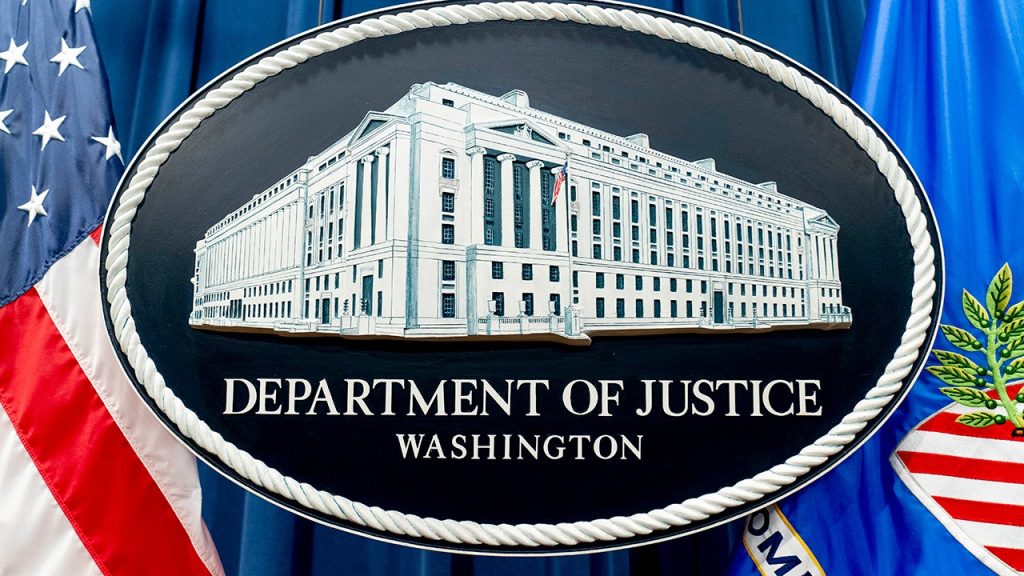The Justice Department announced multiple arrests in a series of stolen identity theft cases, implicating North Korean information technology workers who are dispatched by the government to live abroad to obtain remote employment at U.S.-based companies under false pretenses. This elaborate scheme generates substantial proceeds for the North Korean government, including funding for its weapons program. The companies involved were unaware that the workers were based overseas, enabling them access to sensitive corporate data and lucrative paychecks. This strategy is a way for heavily sanctioned North Korea to take advantage of converging factors, such as a labor shortage in the U.S. and the rise of remote telework.
The Justice Department’s principal associate deputy attorney general, Marshall Miller, highlighted the importance of prosecuting those involved in the fraud scheme while building partnerships with other countries and warning private-sector companies to be vigilant about the identities of the individuals they hire. In March, the FBI and Justice Department launched an initiative aimed at combatting the scheme, resulting in the seizure of website domains used by North Korean IT workers. This initiative also emphasizes the crucial role of compliance programs in American companies in protecting national security. Compliance and national security are now closely linked, and companies need to be proactive in verifying the identities of their employees.
Court documents revealed that more than 300 companies have been affected by the fraud scheme, resulting in over $6.8 million in revenue generated for the workers based outside the U.S., including in China and Russia. Among those arrested was Christina Marie Chapman, who facilitated the scheme by helping the workers obtain and validate stolen identities, receiving laptops from U.S. companies under false pretenses, and assisting the workers to connect remotely to these companies. Chapman operated multiple “laptop farms,” where overseas IT workers were connected remotely to company networks to appear as if they were in the U.S. She also received paychecks for the workers and transferred the funds abroad, charging fees for her services.
Other defendants include Oleksandr Didenko, a Ukrainian man who created fake job search accounts that were sold to overseas workers applying for jobs in U.S. companies. He was arrested in Poland, and his company’s online domain was seized. Additionally, Minh Phuong Vong, a Vietnamese national, was arrested in Maryland for fraudulently obtaining a job at a U.S. company that was carried out by remote workers posing as him. The State Department announced a reward for information on certain North Korean IT workers aided by Chapman, while the FBI issued a public service announcement warning companies about the scheme and urging them to implement robust identity verification measures during the hiring process.
These arrests highlight the extent of North Korea’s involvement in fraudulent schemes to fund its weapons program, and the importance of global cooperation in combatting such criminal activities. The U.S. government, through the Justice Department and FBI, is taking steps to prosecute individuals involved in the fraud, build partnerships with other countries, and raise awareness among private-sector companies about the threat posed by such schemes. It is crucial for companies to exercise due diligence in verifying the identities of their employees and to be vigilant against fraud and theft, especially in a time when remote work and high-tech labor shortages create vulnerabilities that can be exploited by malicious actors.













